The MacThomases who also briefly owned Forter estate in Glenisla (including its then ruined castle) dispersed throughout Scotland and the traditional lands were abandoned. However the present chief, Andrew MacThomas of Finegand is, unlike his ancestors, at home in the world of money and was a successful banker. He has recently presided over the purchase for the MacThomas Society of their traditional Gathering Place, Clach na Coileach or 'Cockstane (above); and the new bridge at the Spittal of Glenshee has been named after the clan. Finegand (as he should be addressed) has also written a history of the clan which was launched at The Gathering in Edinburgh last year.
 And if you wonder where 'Finegand' comes from, it is a corruption of the Gaelic feith nan ceann, meaning burn of the heads. It seems that the Earl of Atholl sent some particularly officious tax gatherers across to Glenshee and the MacThomases took exception to this. They used their dirks and tossed the taxmen's heads into a nearby burn. Perhaps that is what is being conveyed by the clan crest.
And if you wonder where 'Finegand' comes from, it is a corruption of the Gaelic feith nan ceann, meaning burn of the heads. It seems that the Earl of Atholl sent some particularly officious tax gatherers across to Glenshee and the MacThomases took exception to this. They used their dirks and tossed the taxmen's heads into a nearby burn. Perhaps that is what is being conveyed by the clan crest.Would that it were that easy to deal with officious officialdom nowadays!











































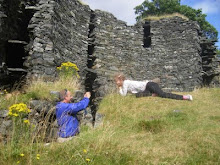
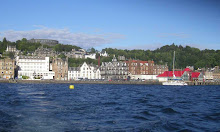
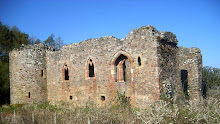
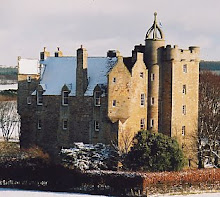
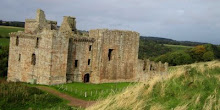

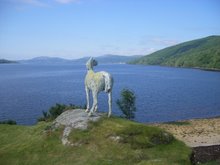

No comments:
Post a Comment